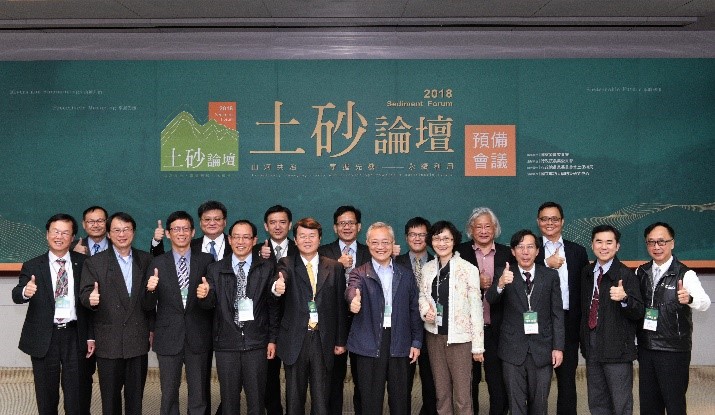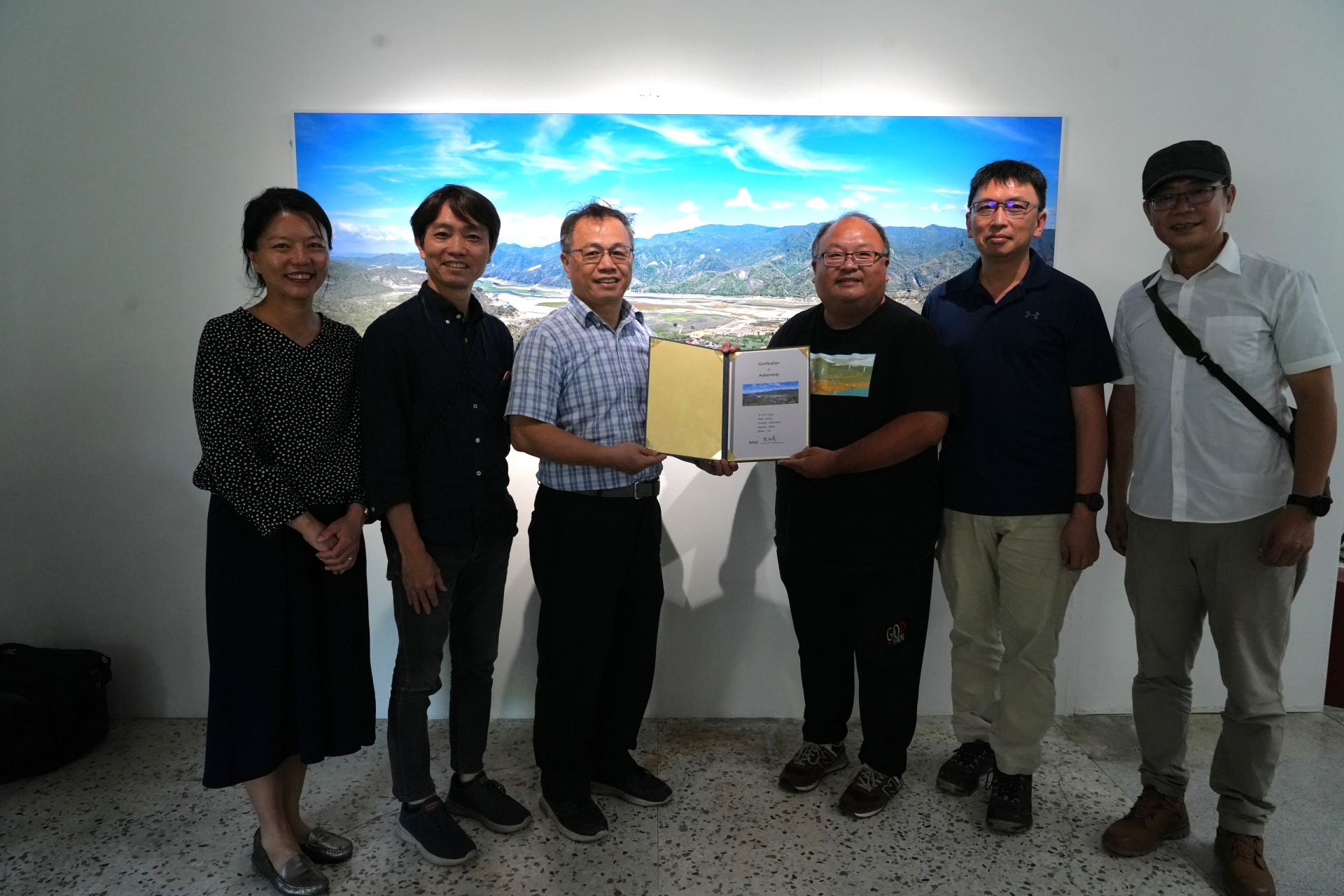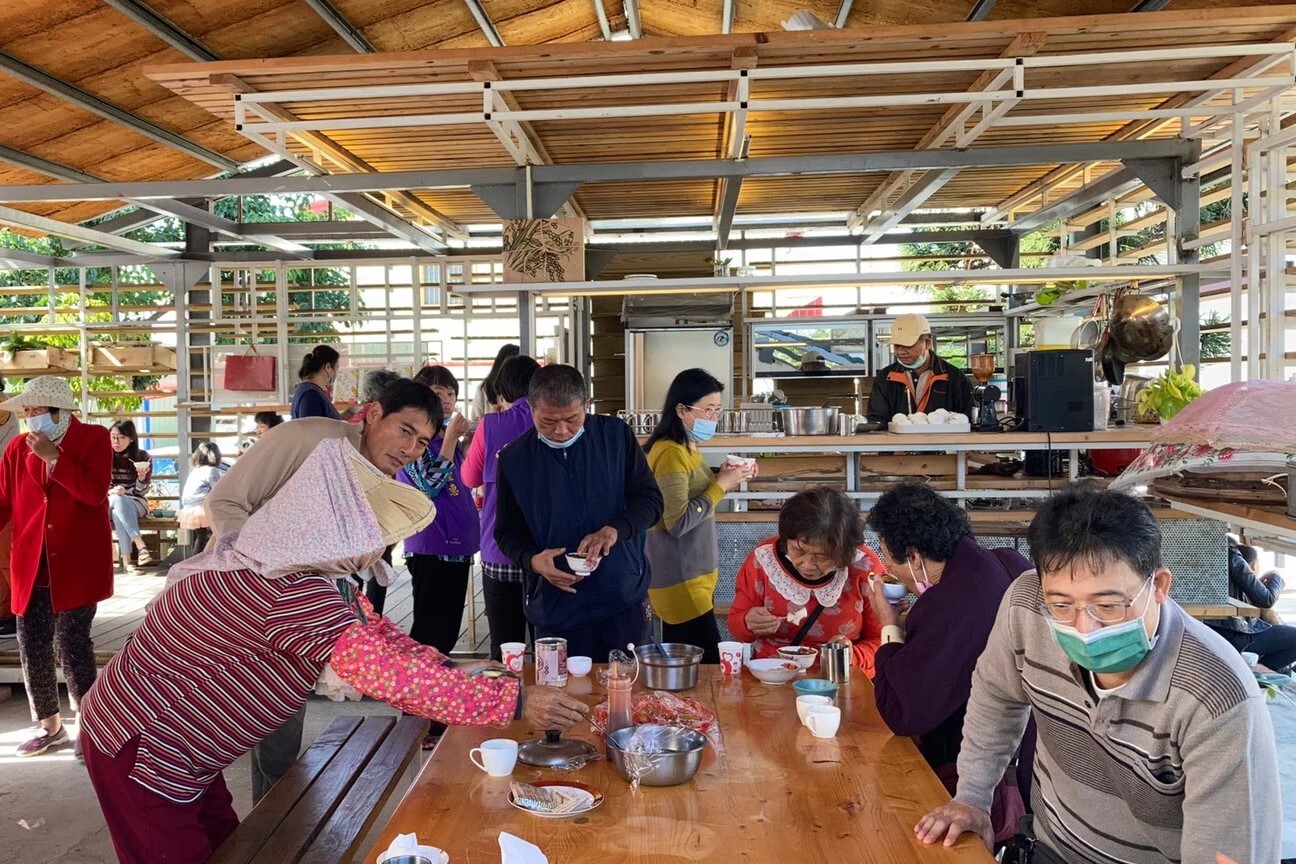SDG15
NCKU Archaeology Department surveys old tea fields, studying Rukai tribe's stone houses and village layout.
Under the guidance of Professor Sasala Taiban, the NCKU Archaeology Department revisited "the homeland of clouded leopards" – the old tea tribe of Kucapungane, during a 4-day, 3-night (11/17-11/20) field survey. During this excursion, students gained firsthand insight into the Rukai tribe's stone slab houses and the layout of their settlements.
This was the third such field survey at the old tea tribe. Unlike previous climbs along the Ailiao River, this time, the journey started from the Arei tribe. Despite passing through cliffs and landslides, the path was shaded by dense forest, protecting from the sun and threats like hornets. It took the students 7 hours to reach the old tea tribe.
As the only designated Aboriginal cultural heritage site in Taiwan, the old tea tribe holds immense cultural value. Professor Tai led students to explore various significant spots within the tribe, including the abandoned school, church, clouded leopard stone monument, chief's house, and skeletal remains. Standing before the skeletons, particularly, evoked a sense of solemnity and reverence. Professor Tai noted that pre-Japanese colonization, tribes practiced headhunting to defend their land, displaying reverence for the hunted through ceremonies.
One student, Jia-Chi Ho from the Taiwanese Literature Department, shared, "Following the footsteps of our predecessors, we trekked for 7 hours from the Arei tribe to the homeland of clouded leopards – the old tea tribe. Guided by Professor Tai, we explored various sites like water sources, schools, playgrounds, police stations, tribe heads' skeletal remains, clouded leopard stones, men's gathering places, and different churches. Listening to hunting stories and the professor's childhood memories, we imagined life in the old tea tribe and witnessed the different traces of power transfer on this land."
Wei-Xin Lin, an archaeology student, remarked, "The remoteness of the old tea tribe, though challenging to reach, allows it to maintain its cultural purity amidst the modern technological world."
Another archaeology student, Pei-Lun Zhang, said, "The arduous journey to the ancient tea plantation made me wonder why anyone would live here. But after spending a day in the tribe, I discovered its significance and charm to the Rukai people, like a sacred sanctuary."
Having visited the old tea tribe four times, Xin-Yin Zhang, an archaeology student, expressed, "Witnessing Professor Tai's family rebuilding from collapsed ruins to near-completion has shown me the tribe's vibrant creativity. It's not an abandoned old society but a thriving tribe."
This field course coincided with the presence of students from the Indigenous Culture and Development Master's Program at National Pingtung University, fostering ample opportunities for exchange and mutual learning. On the final day, amidst ancestral blessings and Mount Beidawu's witness, students embarked on their journey home, brimming with memories.
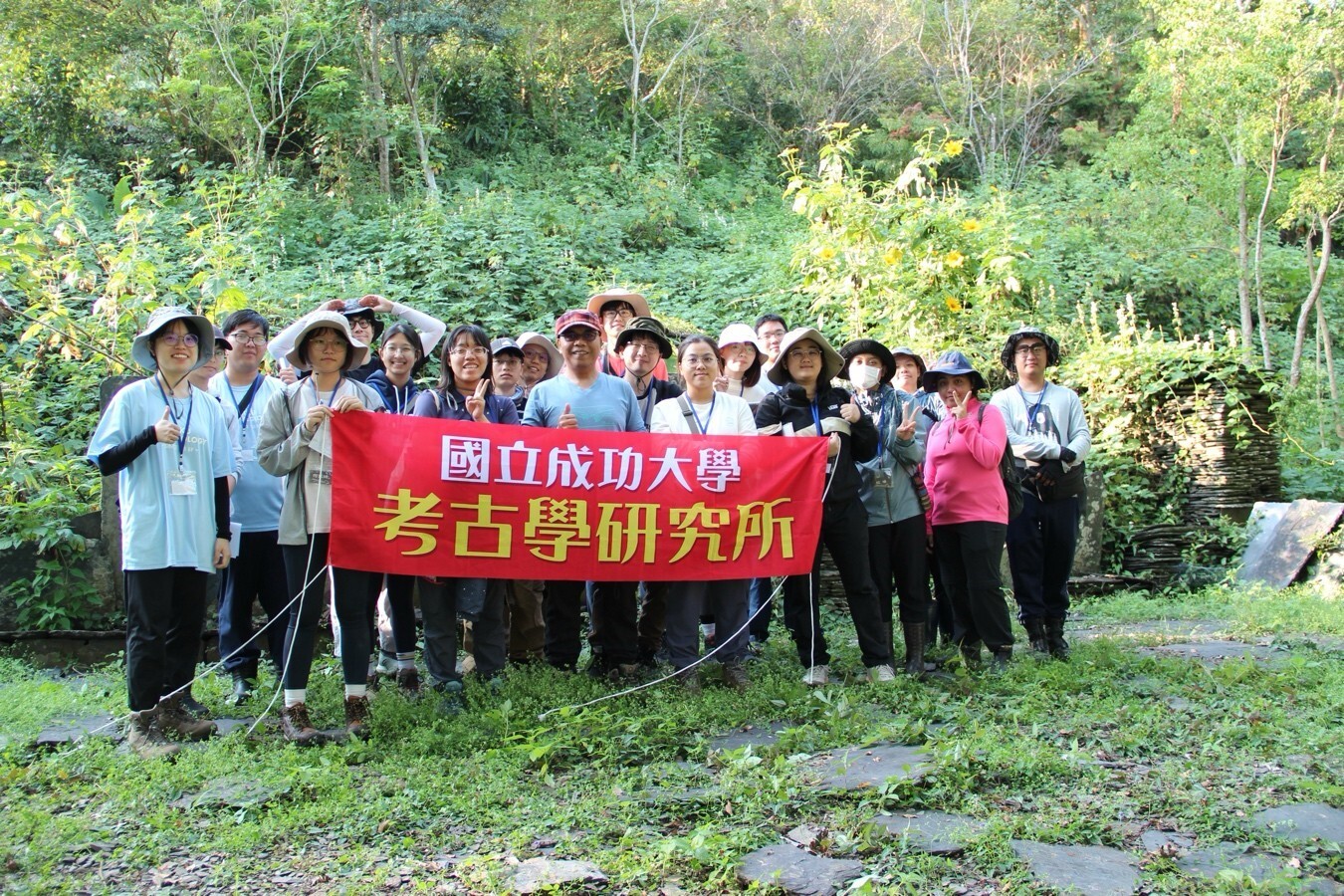
Group photo of all faculty and students from the Archaeology Department
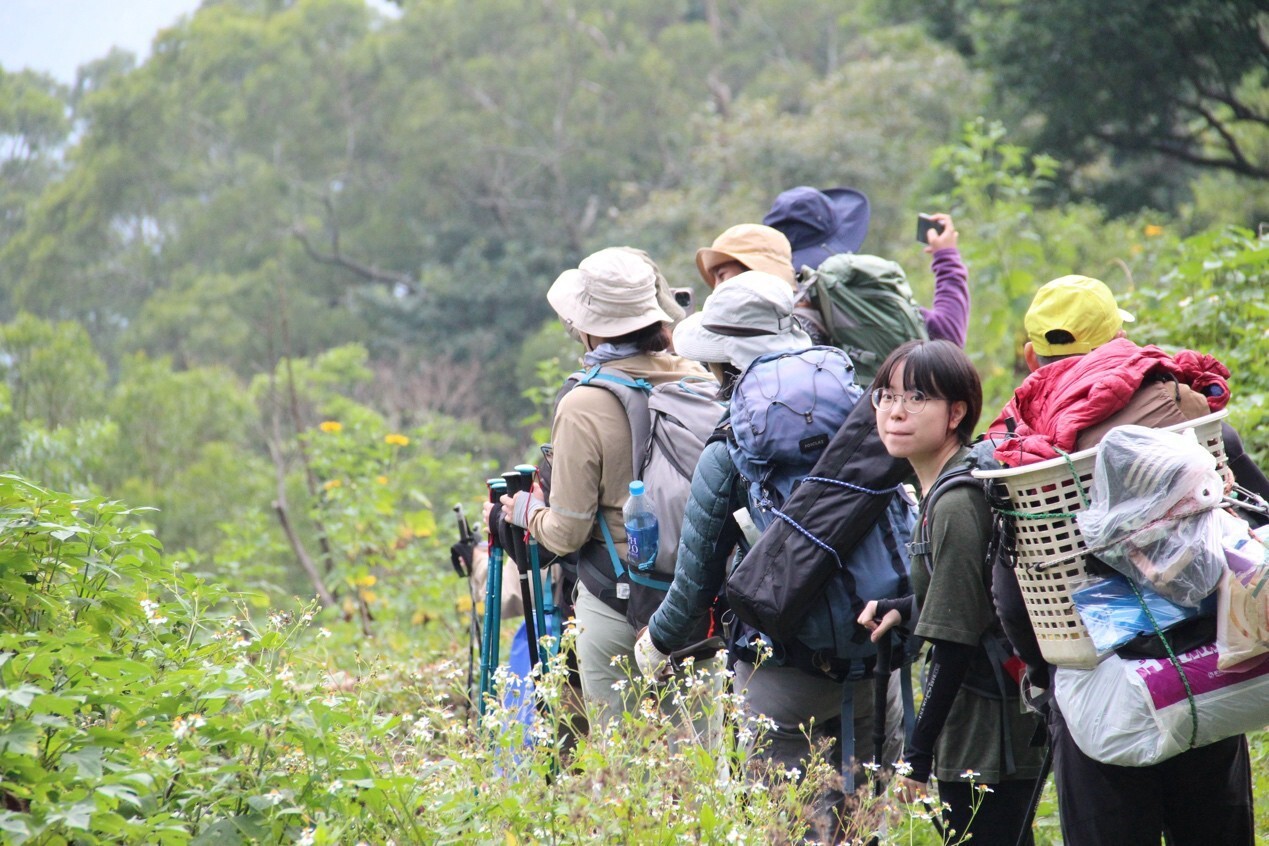
The rough road on the way to old tea fields
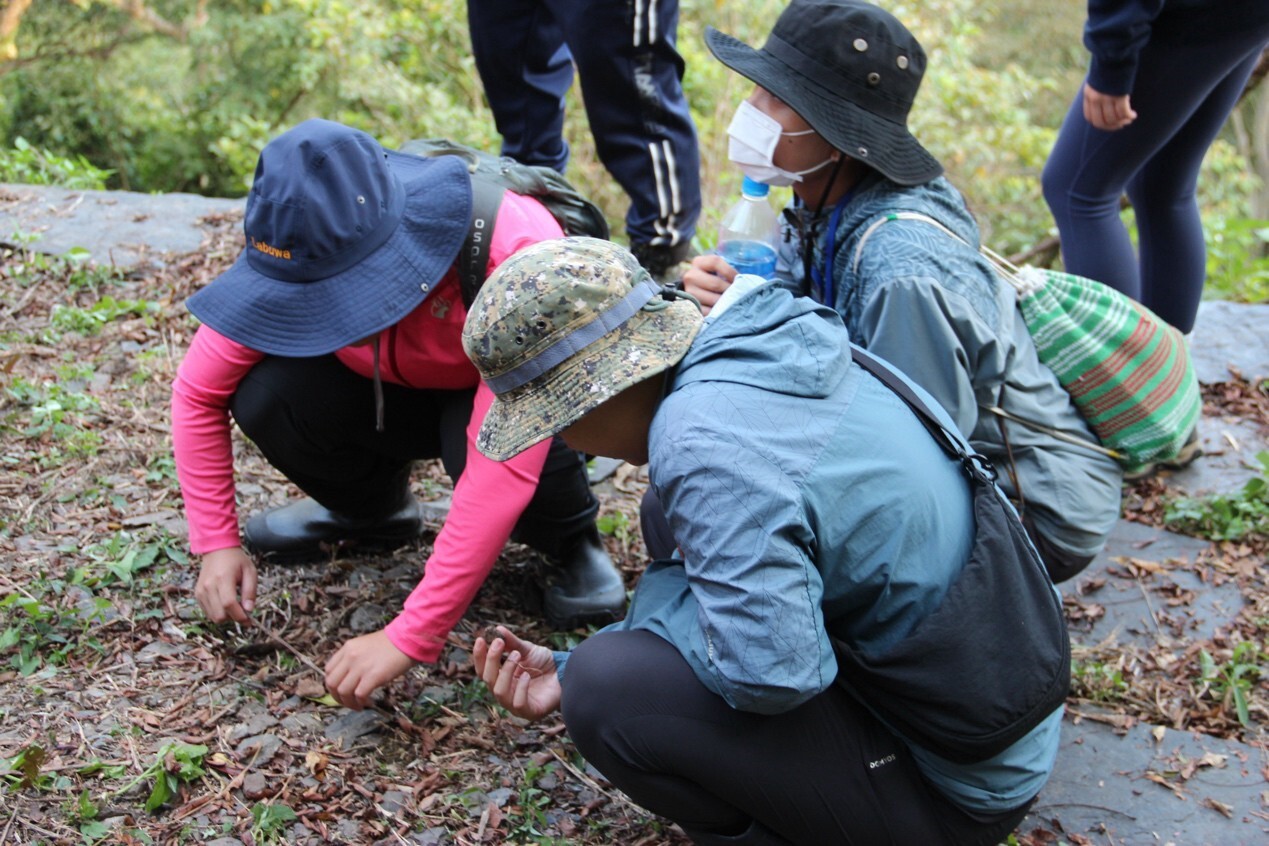
Classmates conducting surface collection surveys
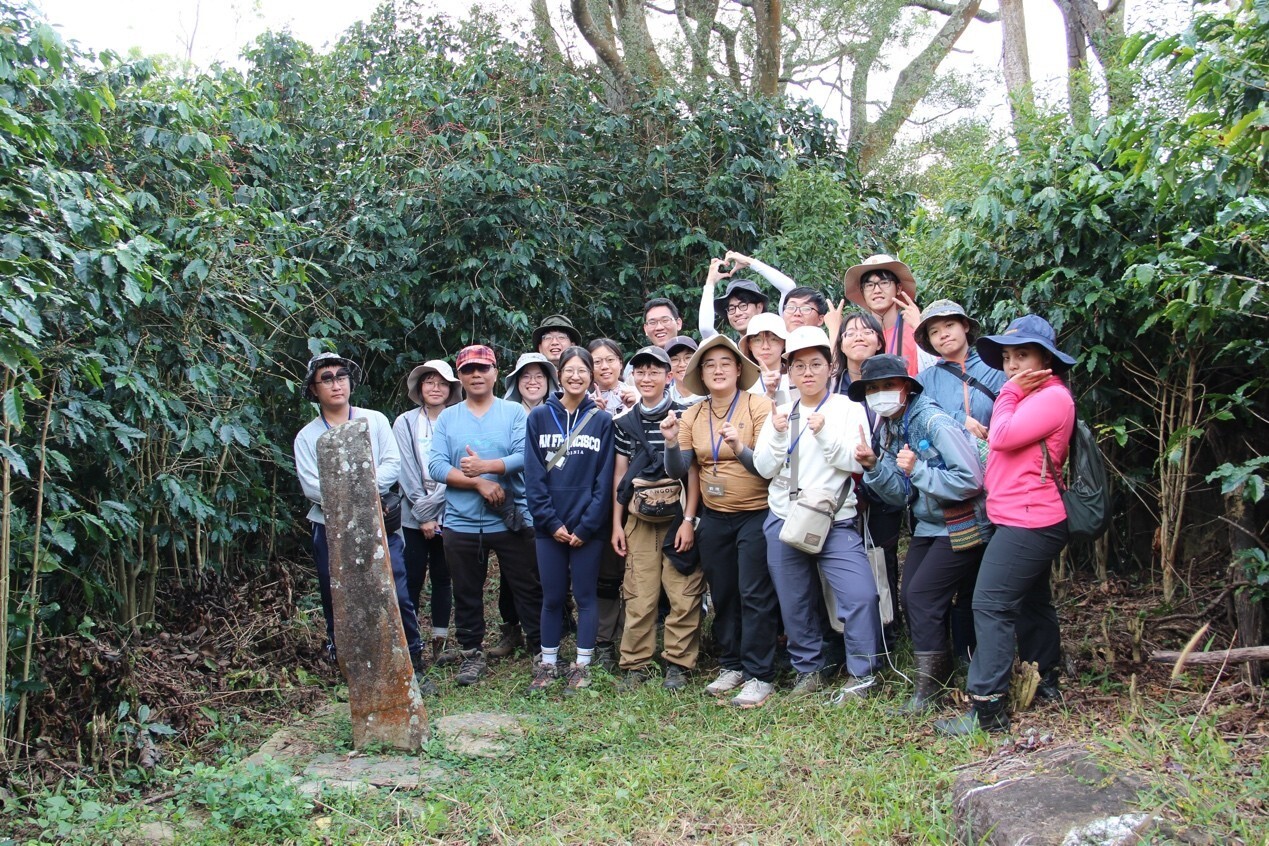
Classmates posing with a clouded leopard stone pillar
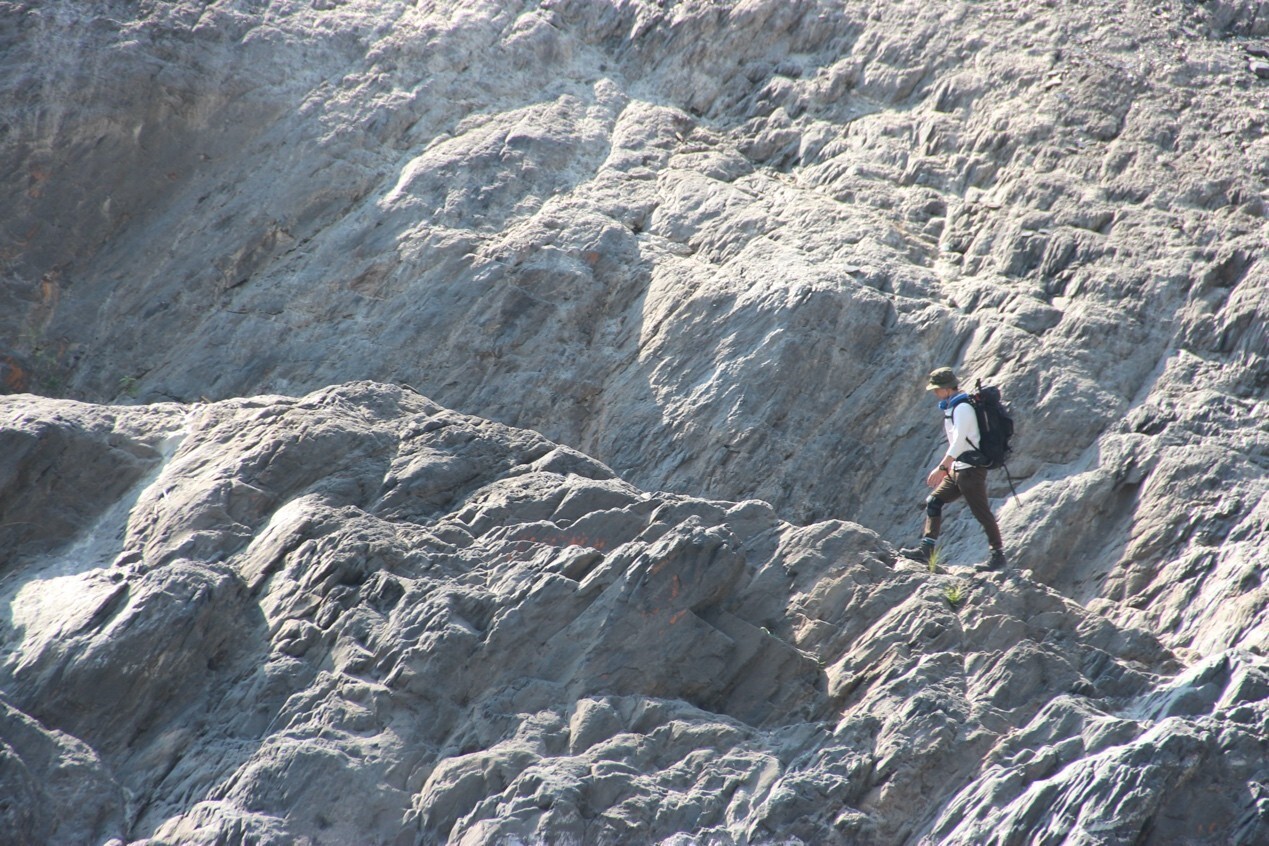
Hiking under the scorching sun along the bed of the Ailiao River
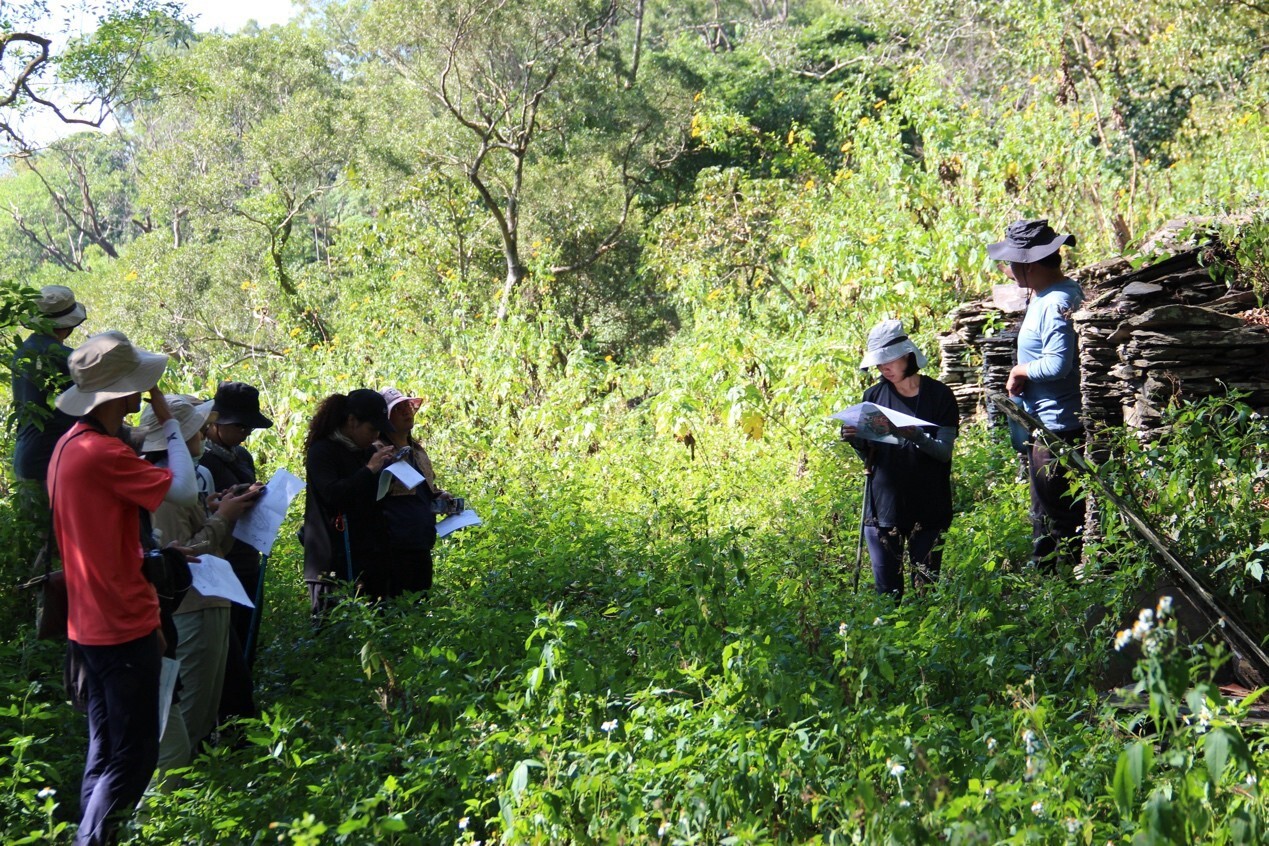
Professor Taiban, Sasala leading classmates on a guided tour of the tribal village
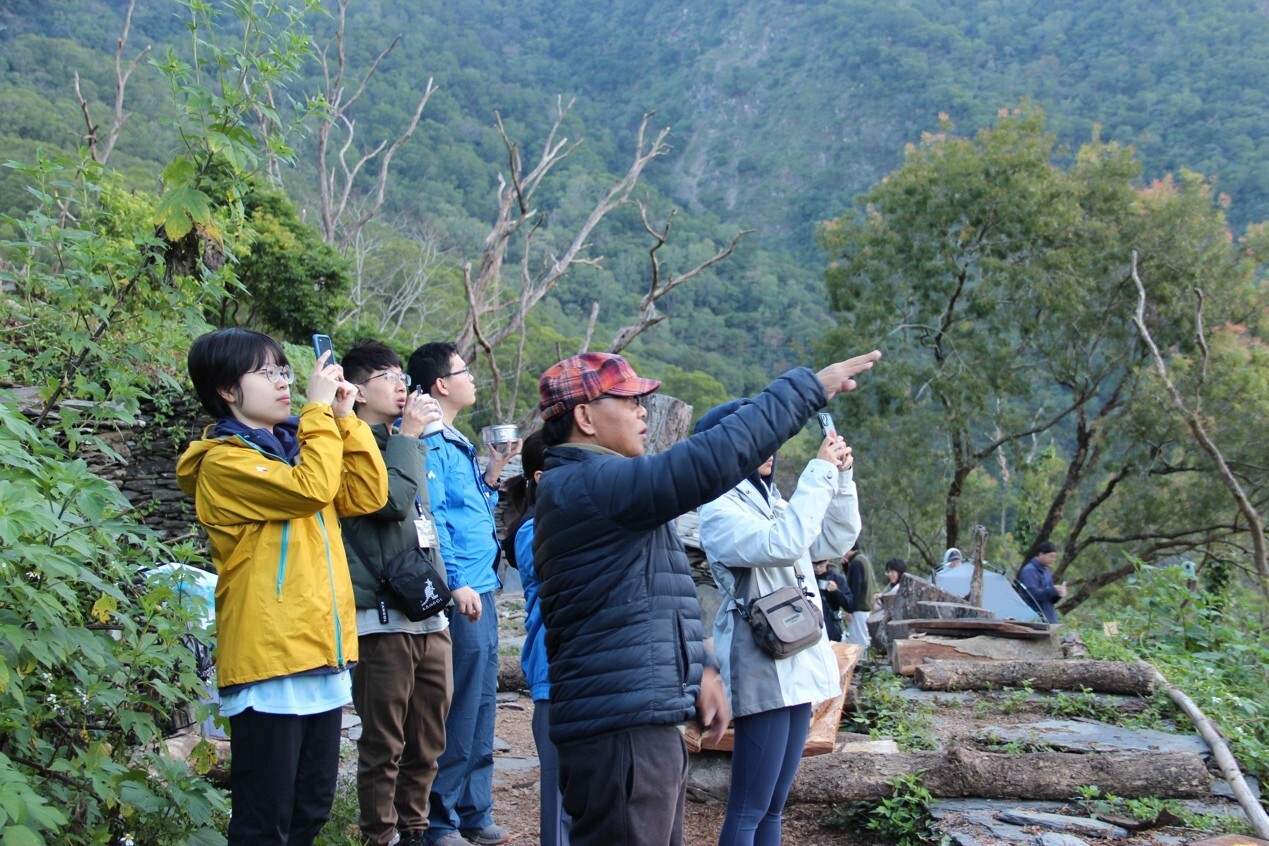
Gazing at the majestic peaks of Mount Beidawu in the early morning




